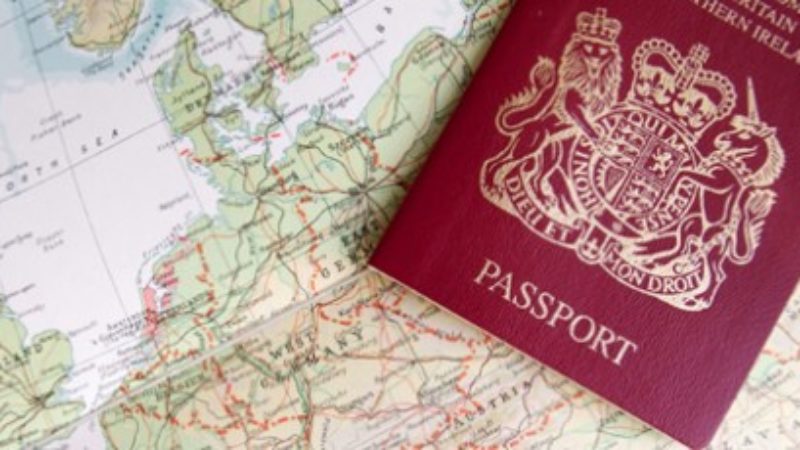
I welcome Sohail Jannesari’s constructive response to my migration posting on LabourList; a positive contrast to those who branded me a ‘disgrace’ and ‘pandering to UKIP’ for even discussing migration policy. The issues Sohail raises do help us understand more clearly the nuances of this key debate.
First, he is clearly right that measures to reduce asylum seeker numbers undoubtedly prevented some genuine refugees from getting here. No one is going to be particularly proud about this, but it is part of the historical truth about Labour’s record and belies the claim that Tony Blair’s new Labour ran an open door policy. (There is another discussion to be had, about how to deliver the Geneva Protocol in a globalised world, that few people want to engage in but that’s for another day).
Second he is also right to pick me up for using ‘Poles’ as a generic term for A8 migrants (of whom rather more than a million came). Sloppy and disrespectful, though not actually overstating the scale of the A8 migration.
But his other criticisms go to the heart of the debate. It may be true that the net impact of A8 migration on the public finances is positive (though not by very much). But, as Ed Miliband once said ‘real people don’t live in aggregate data’. Even if UK plc makes a profit, this does not, in practice, stop the impact of large scale migration being experienced at local level as a real pressure on local public resources. More people are visiting the same health services, more children want to get into the same schools, some services are reorganised to cope, additional numbers seeking a frozen stock of social housing does mean everyone waits longer. In practice, increases in national wealth are tending to go towards the already wealthy, rather than the poor communities that are feeling the pressure.
There is a utopian response to this that say ‘if a only we didn’t have inequality, if only we didn’t have a housing shortage, if only public services were properly funded’ migration would not cause a problem. To be fair, Sohail does not make this claim, but for his argument to win it would be necessary to set out exactly how the positive fiscal contribution of A8 migrants is to reach the areas where pressures are greatest. Personally, I think we should be doing this anyway – whatever the given level of migration we need much quicker and more flexible mechanisms to get resources to the areas with the highest levels of stress.
But even if we did capture and distribute resources to the right places, this would still not address the issue of procedural fairness. The idea that public services and social security benefits arise as entitlements from contributions made is deeply held and, in my view, is a progressive instinct. Rapid access by migrants to services and benefits does tend to cut across this instinct. Pure numbers don’t help here. The amount of child benefit paid to non-resident children is a tiny proportion of the welfare budget. The issue that concerns voters is one of principle: ‘this should not be allowed to happen’.
The argument is not, of course, that migration should stop. Simply that these powerful and reasonable concerns should be part of the balance we try to establish (and have always tried to establish) between the real costs and undoubted benefits of migration.
Finally, he is right to say that racists exploit migration for political ends, though he underplays the emphasis I placed on Labour’s historic and proud record of fighting discrimination and prejudice. However, the current danger is that if Labour does not address migration policy – or worse, talks as though everyone worried about migration is racist – voters are more likely to turn to parties who exploit racism but as seen as giving them a voice. The wider Western European experience seems to bear this out.




More from LabourList
‘I was wrong on the doorstep in Gorton and Denton. I, and all of us, need to listen properly’
‘Why solidarity with Ukraine still matters’
‘Ukraine is Europe’s frontier – and Labour must stay resolute in its defence’